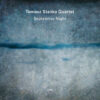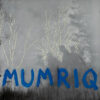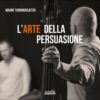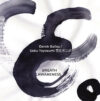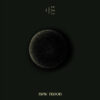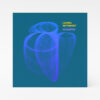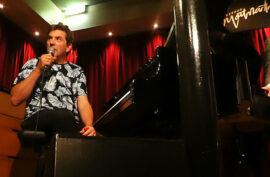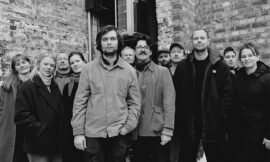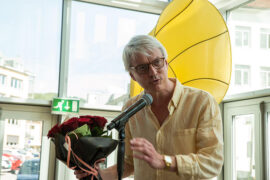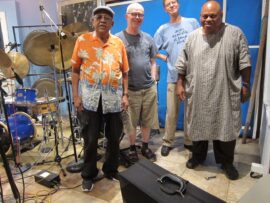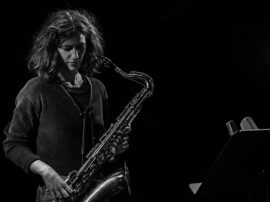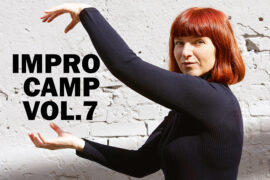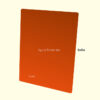
«Selfie» is an impressive portrait of Catalan pianist-improviser-composer-educator Agustí Fernández, offering insights into what he thinks and feel nowadays about music and the piano. All the pieces, except the last one «Llimona», were recorded over the past year. Fernández recorded this album alone, in his studio, with his own piano and his own recording equipment. Every day he went to the studio, looked at the piano, and decided where to «attack» it. After a few takes, he left the piano, and in the afternoon he listened to the takes and decided which one was the «roundest» one, the one that had the most musical entity, and got closer to what he felt while playing.
The titles of the piece are simple. Fernández insists that he did not want to «tell a story with the music. There are no literary or landscape references, I don’t want to translate concepts or metaphors into music. I have nothing to explain but the music I make. I just want to play the piano, my own way». And in his unique way, he understands the piano as «a box with the potential to make all kinds of sounds … the essence of the piano is in the sounds that the vibrating strings emit, not the keyboard. You can make the strings vibrate in many ways, with different objects (as are the key hammers) or directly with the hands and fingers». The playing itself was a physical and metaphysical experience: «When I play, I am the sounds that I produce. I bring them to life and they give life back to me. When I play, I let the music penetrate me and say what it wants to say, and I try to put as few impediments as possible. I listen intensely to the different colors and I seek to capture each instance … Pure music».
In a way, «Selfie» tells about the never-ending struggle of Fernández with his beloved instrument. His imagination and rebellious spirit seek to liberate the piano, and at the same time to liberate himself from numbing, comfort-zones as a musician, improviser and composer. At the same time, he seeks to reach a deeper, even revolutionary, spiritual unity with the piano’s sounds. Fernández mentions that he believes in the «transformative power of sounds. When we listen to them carefully, they have a lot to tell us». This transformative power does not relate only to music or art at all but affects the way we see the world, ourselves, our society, and the times we’re living.
Fernández strips his music from any familiar convention, genre, or stylistic association, and opts for raw, abstract sounds with a rich array of extended techniques that employ the full body of the piano – keys, wooden body, and strings. He calls it pure and clean music. It is music of total commitment and constant search; music of resistance and refusal to accept common norms or the current state of affairs; music that no listener can be indifferent to it. It is demanding music, often urgent and chaotic, even unsettling music, but music that is colored with strong poetic veins; music that calls for action, emotional, cerebral, and political action, but most of all humane action. Great music from a true master with singular musical language. You should make this rare kind of music as part of your life too.
Eyal Hareuveni
Agustí Fernández (p)


